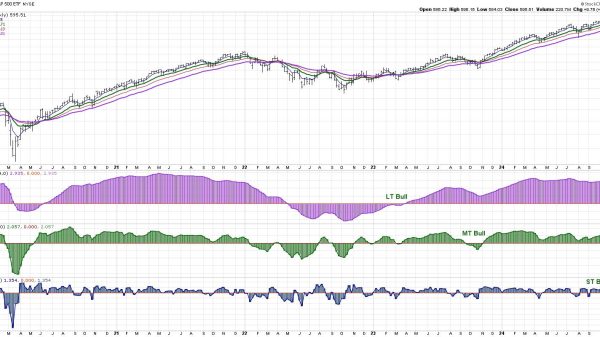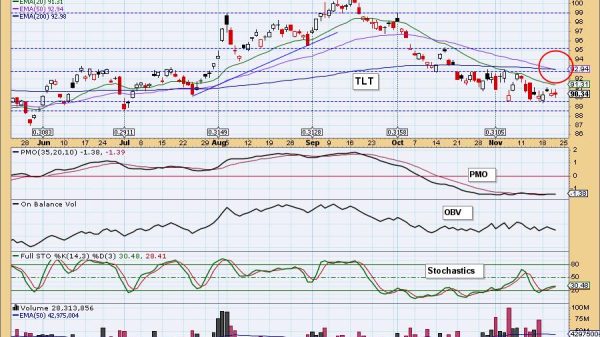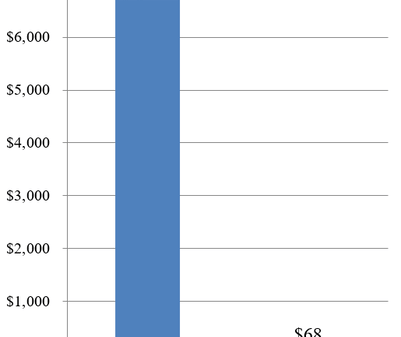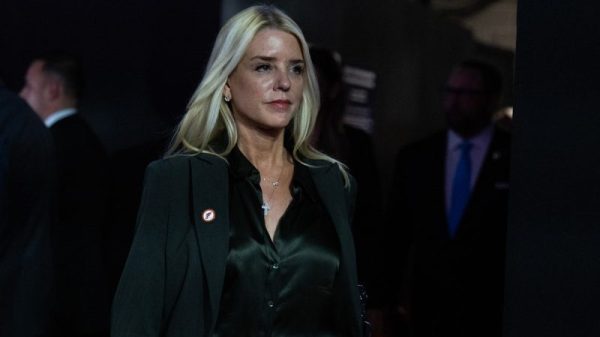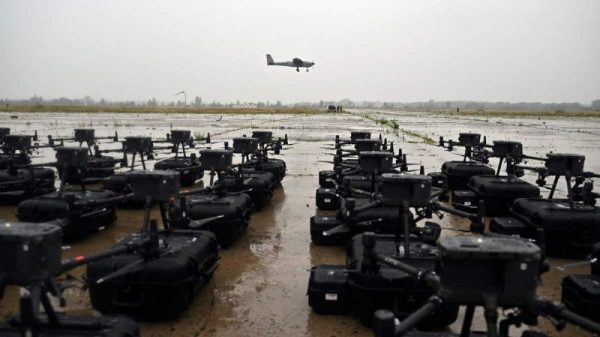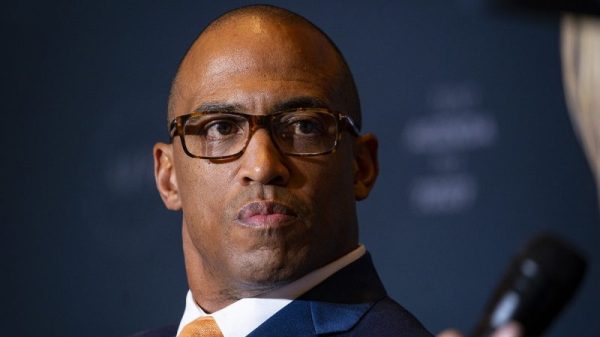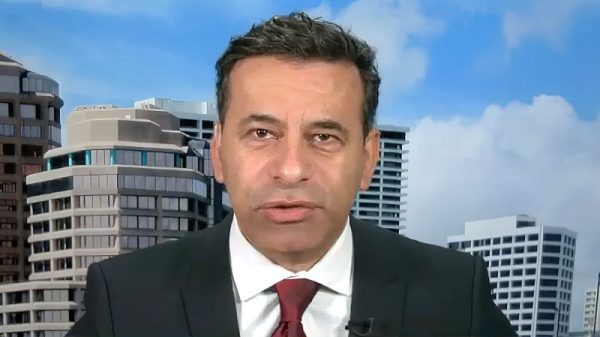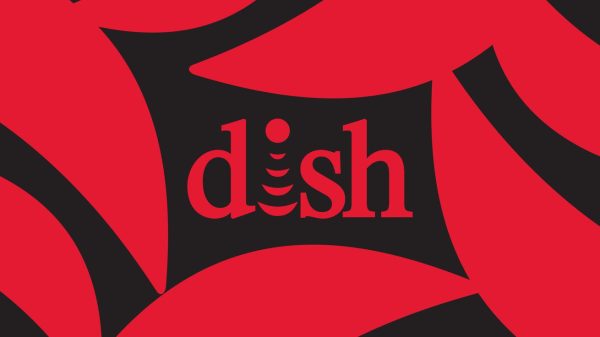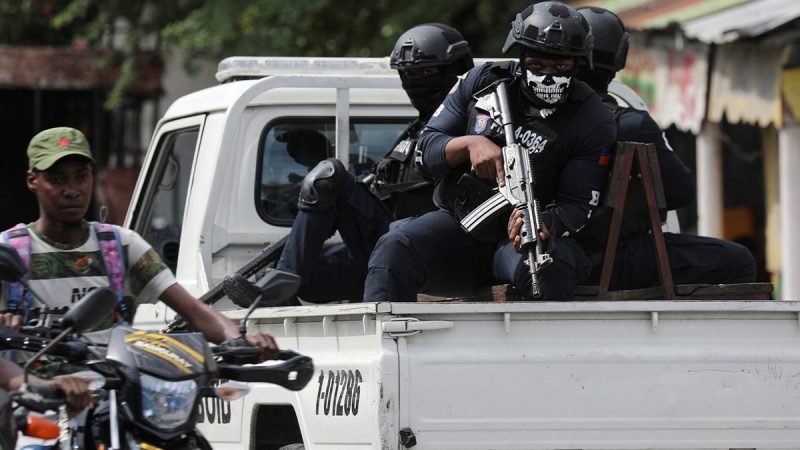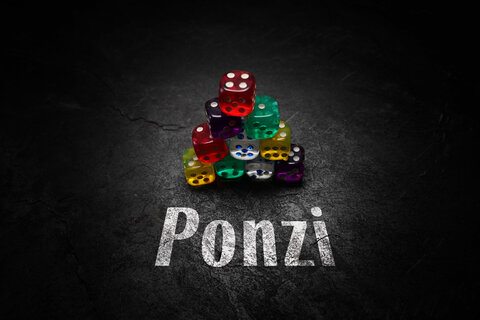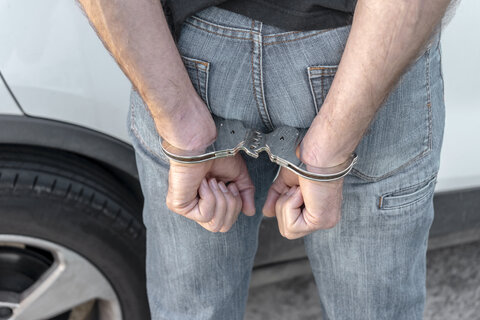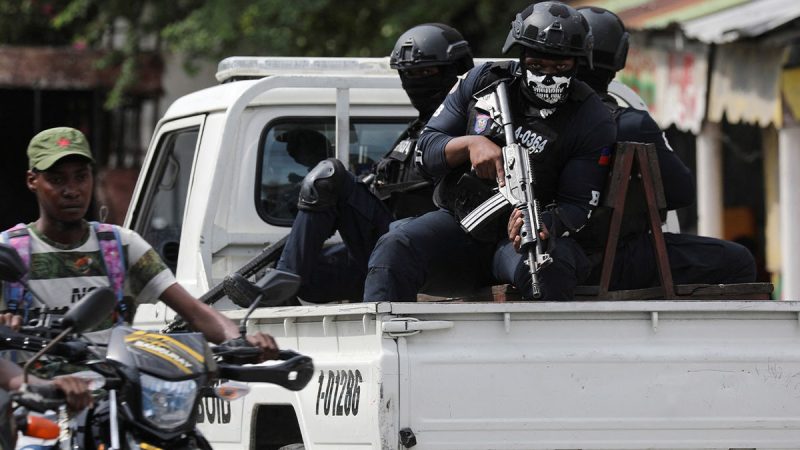
The security situation in Haiti has once again degraded despite months of support from United Nations-approved Kenyan-led forces sent in to aid the Haitian police as gang violence escalates.
In a Tuesday address to the Security Council, María Isabel Salvador, special representative of the secretary-general and head of the U.N. Integrated Office in Haiti, told the 15-member body that despite efforts to restore calm to the nation, more than 700,000 Haitians are now internally displaced, and the Multinational Security Support Mission remains under resourced.
‘The security situation remains extremely fragile, with renewed peaks of acute violence,’ Salvador told the U.N. body, adding that since her last briefing in July, ‘the situation in Haiti has regrettably worsened.’
In the last three months, the number of internally displaced people has jumped by 22%, Salvador said.
The U.N. official noted that this increase coincided with the June deployment of Kenyan forces in an attempt to aid Haitian police, which have also since been joined by forces from the Bahamas, Belize and Jamaica.
But despite eventual plans to deploy some 3,000 security officials to counter the gangs, only 430 personnel are currently deployed.
‘It is far from enough’, Salvador said.
Gang violence, once primarily concentrated in Haiti’s capital city, has now expanded under an alliance of well-armed gangs known as Viv Ansanm beyond the parameters of Port-au-Prince, with ‘murders, kidnappings and sexual violence of unprecedented brutality’ being reported across the country.
Salvador pointed to the horrific Oct. 3 attack on Port Sondé, where gangs took the town by surprise after approaching it by canoe and killed 115 people.
Among the victims found was a young mother, her newborn baby and a midwife, confirmed local official Bertide Harace, spokeswoman for the Commission for Dialogue, Reconciliation and Awareness, according to the Associated Press.
At least another 10 women and three infants were also found among those killed.
The town, some 60 miles north of Port-au-Prince, was reportedly targeted by the gangs after it was believed to have colluded with a defense group known as ‘The Coalition,’ which was formed in opposition to the gang activity.
Salvador told the Security Council that the Support Mission remains desperately under-resourced, which not only impacts its ability to carry out its coordinated work with the Haitian National Police, but could also impact future deployments.
The U.N. official urged the body to increase their support for the Haitian security apparatus and to better fund the Support Mission.
Funding has lagged and several U.N. representatives pointed to the persistence of arms smuggling schemes, frequently through Florida, that continue to aid the violent gang activity.
Political ineptitude and corruption remain major concerns as the nation looks to propel its new government, formed in June but which is losing public trust as divisions mount between the dual executive, headed by the prime minister and presidential council.
Alongside the extreme violence, an estimated 5 million people in Haiti are estimated to be going hungry, while thousands are facing famine.


